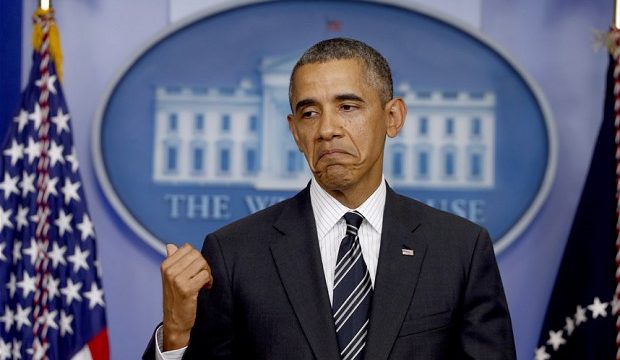President Obama Could Learn Something From North Dakota's Public Service Commission


A controversial power grid project got approval from North Dakota’s Public Service Commission earlier this week.
Basin Electric has been pushing to build a 197-mile-long transmission line that will run from their Antelope Valley Station coal plant near Beulah to a substation near Tioga, in the heart of the state’s oil patch.
With growing industrial activity, and growing population, the energy needs of western North Dakota are skyrocketing, and the threat of power outages in the future is very real, but these powerlines would cross the Killdeer Mountain Battlefield, the site of a 19th-century conflict between the US Army and Teton, Yanktonai, and Dakota Sioux Indians.
Most landowners along the transmission line’s route support the project. A few landowners, and a handful of activists, oppose it.
That’s the situation the Public Service Commission faced, and it’s not unlike the Keystone XL pipeline project that the Obama administration has held up for years now at the national level. The pipeline represents necessary infrastructure that would reduce oil traffic on overwhelmed roads and rails, and one opinion poll after another shows the project has wide national support with the exception of a relative handful of noisy, and sometimes celebrity, activists.
This is where the difference between North Dakota’s regulators and the Obama administration come in.
“Kalk said Wednesday that the requirements over which the commission has jurisdiction had been met,” reported Mike Nowtazki for the Forum News Service.
“I think it’s important that when we have the questions answered, we go forward on it,” Commissioner Brian Kalk (who has an op/ed about the power grid here on SAB today) is quoted as saying of Basin’s transmission line project.
In other words, North Dakota’s Public Service Commission – including Kalk, Randy Christmann and Julie Fedorchak – did their jobs. They gathered the information. They heard the testimony. Then they made their decision. They didn’t exceed the scope of their regulatory mandate for any petty political reasons.
Basin still must get the federal government to sign off, but North Dakota’s regulators doing their jobs in an efficient and forthright manner goes a long way toward making this infrastructure a reality.
Meanwhile, at the federal level, the Keystone XL pipeline continues to languish as the Obama administration makes a mockery of the regulatory process, using it as pander to left-wing activists who aren’t so much concerned about pipeline safety as they are with stopping the use of fossil fuels in general.
President Obama’s fellow Democrats here in North Dakota are fond of accusing Republicans of being too lax in governing the state’s energy industries. It’s not hard to understand why they would feel that way when the Keystone project is an example of the sort of politics-through-regulation we can expect from Democrats.




